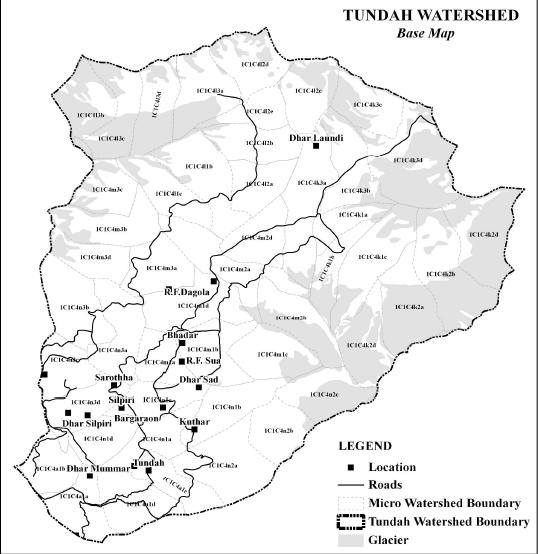Geogenic Contamination
Harvesting and using roof-top rainwater - Part 1
Posted on 18 Nov, 2012 10:37 PMWhy rainwater harvesting ?
Solar water purification system: A technology developed by Sustainable Living Centre, Puttaparthi, Andhra Pradesh
Posted on 12 Sep, 2012 09:58 PMThe Sustainable Living Centre is located at Puttaparthi, Anantapur District, Andhra Pradesh. The 5 stage solar water purification system gives 1500 litres of drinking water in 24 hours, if it is running continuously and if it has a constant source of water supply connected to it.
River diversion schemes versus waste water recycling for Bangalore city - An article in Current Science
Posted on 26 Aug, 2012 12:02 AMThis article published in the journal Current Science has been written in response to the earlier article published in Current Science that highlights the acute water scarcity t
Prevalence of dental caries and dental fluorosis among 12 and 15 years old school children in relation to fluoride concentration in drinking water in an endemic fluoride belt of Andhra Pradesh- Article in Indian Journal of Public Health
Posted on 24 Aug, 2012 06:46 PMThis article in the Indian Journal of Public Health is a case study on negative effects on fluoride on 12- 15 years old school going children.
Minutes of video conference with principal investigators of R&D projects funded by Ministry of Drinking Water & Sanitation (GoI), held on 20.4.2012 in conference hall (12th floor), Paryavaran bhavan, New Delhi- A document by Drinking Water Supply
Posted on 07 Aug, 2012 04:42 PMThis document by Department of Drinking Water Supply, is on the minutes of the video conference with principal investigators of Research and Development projects funded by Ministry of Drinking Water & Sanitation (GoI) that was held on 20.4.2012 in Delhi.
Dug wells- A potentially safe source of drinking water for the arsenic and iron contaminated region of Bihar - A paper by Megh Pyne Abhiyan (MPA)
Posted on 03 Aug, 2012 01:00 PMThis paper published by Megh Pyne Abhiyan argues that dug wells slowly started losing their significance following the invention and large scale marketing of hand pumps,.
Strengthen participatory urban governance to prevent pollution in Ganga at Kanpur and recognise the need to look for decentralized solutions
Posted on 31 Jul, 2012 02:17 PMA one day Area Water Partnership Conference was held on 22nd July, 2012 by Shramik Bharti, Kanpur; Society for Action in Community Health (SACH) and Society for Promotion of Wastelands Development (SPWD), New Delhi at Jajmau, Kanpur, an industrial city on the banks of the Ganga which also happens to be a major centre for leather tanneries, which let out
Quantitative geomorphological analysis of a watershed of Ravi river basin, Himachal Pradesh, India - Paper published in the International Journal of Remote Sensing and GIS
Posted on 25 May, 2012 10:10 PM This paper published in the journal International Journal of Remote Sensing and GIS presents the findings of a study that at
This paper published in the journal International Journal of Remote Sensing and GIS presents the findings of a study that at
Fluorosis mitigation in Dhar, Madhya Pradesh: Experiences of monitoring fluoride levels in drinking water and human urine, and implementing mitigation measures
Posted on 04 May, 2012 08:48 AMBackground:
62 million people in India, including 6 million children suffer from fluorosis. The root cause of this is excessive fluoride (>1.5mg/l) in groundwater, as is found in 20 states across India.
Objectives:
Physicochemical assessment of water quality with respect to remote sensing and GIS techniques - Paper published in the journal Advances in Pure and Applied Chemistry
Posted on 30 Apr, 2012 12:43 PMThe paper informs that current techniques normally used in the country for monitoring and assessment of the quality of water bodies involve in situ measurement and/or the collection of water samples for subsequent laboratory analysis of the chemical, physical and biological characteristics of water.





